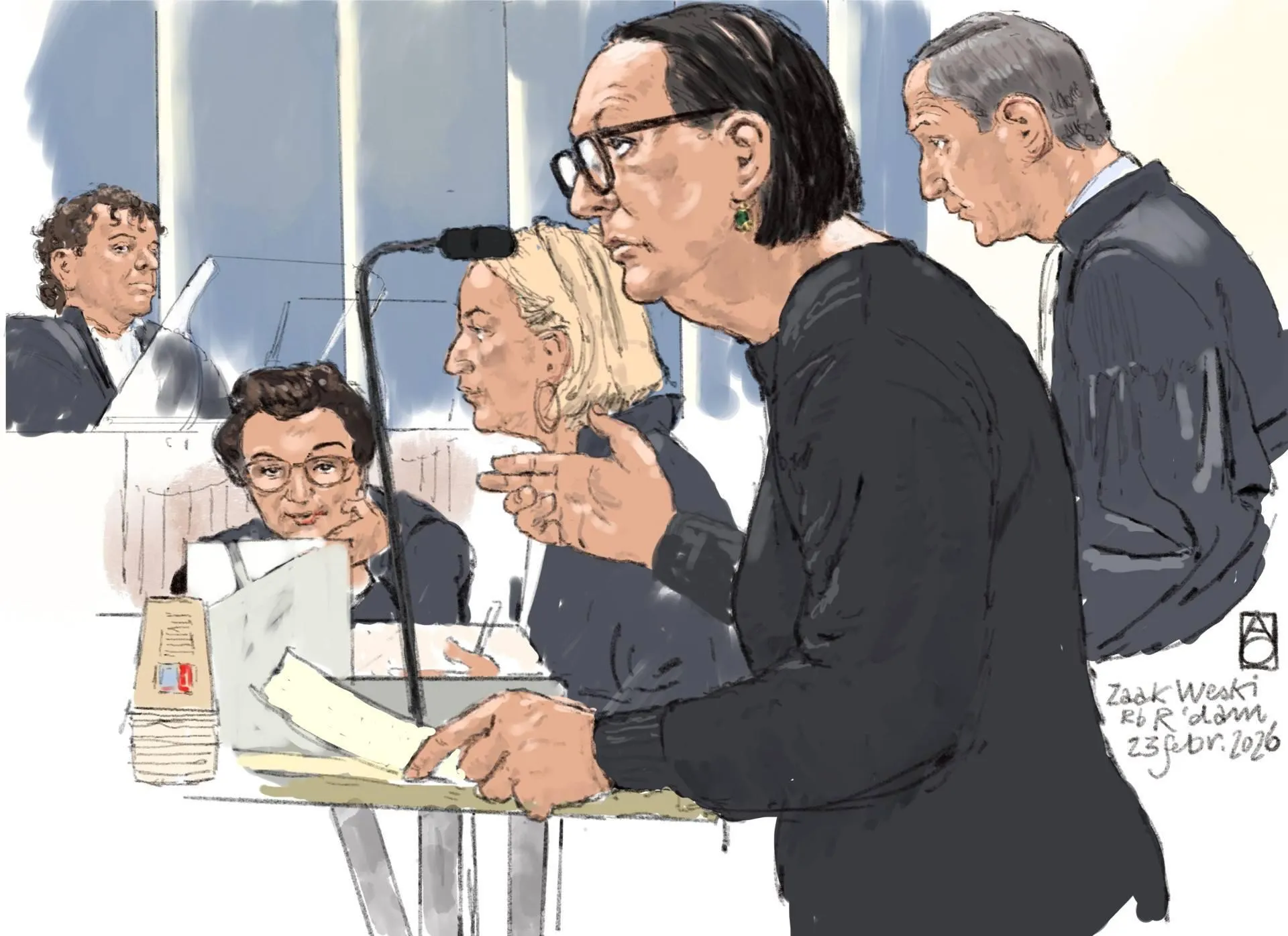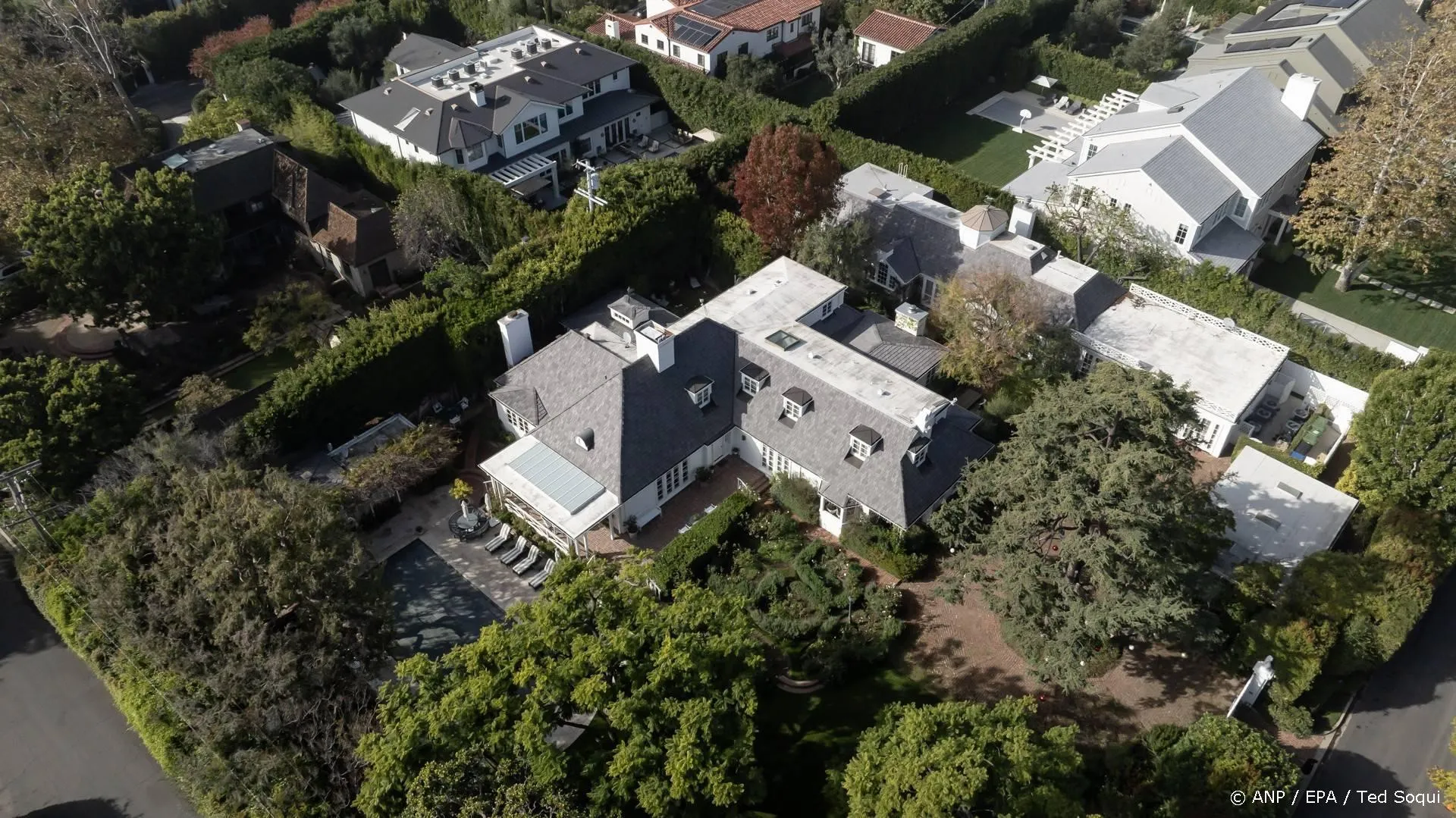De apocalyps laat nog wel even op zich wachten
Hoe komt het toch dat de media bijna nooit podium geven aan dit soort nuchtere op feiten gebaseerde analyses, in plaats van aan al die alarmistische flauwekul?
Matt Ridley is de auteur van de 'Rational Optimist', waarin hij stelt dat de mensheid het nog nooit zo goed heeft gehad als nu. Ook de toekomst ziet hij met optimisme tegemoet. Hiermee plaatst hij zich in de traditie van Julien Simon ('The Ultimate Resource') en Bjørn Lomborg ('The Skeptical Environmentalist').
Hoe komt het dan toch dat onheilsprofeten zo veel gehoor vinden?
In een webartikel, 'Apocalypse Not: Heres Why You Shouldnt Worry About End Times', schrijft Ridley daar het volgende over:
Religious zealots hardly have a monopoly on apocalyptic thinking. Consider some of the environmental cataclysms that so many experts promised were inevitable. Best-selling economist Robert Heilbroner in 1974: The outlook for man, I believe, is painful, difficult, perhaps desperate, and the hope that can be held out for his future prospects seem to be very slim indeed. Or best-selling ecologist Paul Ehrlich in 1968: The battle to feed all of humanity is over. In the 1970s ["and 1980s" was added in a later edition] the world will undergo famineshundreds of millions of people are going to starve to death in spite of any crash programs embarked on now nothing can prevent a substantial increase in the world death rate. Or Jimmy Carter in a televised speech in 1977: We could use up all of the proven reserves of oil in the entire world by the end of the next decade.
Predictions of global famine and the end of oil in the 1970s proved just as wrong as end-of-the-world forecasts from millennialist priests. Yet there is no sign that experts are becoming more cautious about apocalyptic promises. If anything, the rhetoric has ramped up in recent years. Echoing the Mayan calendar folk, the Bulletin of the Atomic Scientists moved its Doomsday Clock one minute closer to midnight at the start of 2012, commenting: The global community may be near a point of no return in efforts to prevent catastrophe from changes in Earths atmosphere.
Over the five decades since the success of Rachel Carsons Silent Spring in 1962 and the four decades since the success of the Club of Romes The Limits to Growth in 1972, prophecies of doom on a colossal scale have become routine. Indeed, we seem to crave ever-more-frightening predictionswe are now, in writer Gary Alexanders word, apocaholic. The past half century has brought us warnings of population explosions, global famines, plagues, water wars, oil exhaustion, mineral shortages, falling sperm counts, thinning ozone, acidifying rain, nuclear winters, Y2K bugs, mad cow epidemics, killer bees, sex-change fish, cell-phone-induced brain-cancer epidemics, and climate catastrophes.
So far all of these specters have turned out to be exaggerated. True, we have encountered obstacles, public-health emergencies, and even mass tragedies. But the promised Armageddonsthe thresholds that cannot be uncrossed, the tipping points that cannot be untipped, the existential threats to Life as We Know Ithave consistently failed to materialize. To see the full depth of our apocaholism, and to understand why we keep getting it so wrong, we need to consult the past 50 years of history.
En vervolgens behandelt hij de vier moderne ruiters van de Apocalyps: chemicaliën, ziekten, bevolkingsgroei en grondstoffen.
Conclusie:
Over the past half century, none of our threatened eco-pocalypses have played out as predicted. Some came partly true; some were averted by action; some were wholly chimerical. This raises a question that many find discomforting: With a track record like this, why should people accept the cataclysmic claims now being made about climate change? After all, 2012 marks the apocalyptic deadline of not just the Mayans but also a prominent figure in our own time: Rajendra Pachauri, head of the Intergovernmental Panel on Climate Change, who said in 2007 that if theres no action before 2012, thats too late This is the defining moment.
So, should we worry or not about the warming climate? It is far too binary a question. The lesson of failed past predictions of ecological apocalypse is not that nothing was happening but that the middle-ground possibilities were too frequently excluded from consideration. In the climate debate, we hear a lot from those who think disaster is inexorable if not inevitable, and a lot from those who think it is all a hoax. We hardly ever allow the moderate lukewarmers a voice: those who suspect that the net positive feedbacks from water vapor in the atmosphere are low, so that we face only 1 to 2 degrees Celsius of warming this century; that the Greenland ice sheet may melt but no faster than its current rate of less than 1 percent per century; that net increases in rainfall (and carbon dioxide concentration) may improve agricultural productivity; that ecosystems have survived sudden temperature lurches before; and that adaptation to gradual change may be both cheaper and less ecologically damaging than a rapid and brutal decision to give up fossil fuels cold turkey.
Lees verder hier.
Hoe komt het toch dat de media bijna nooit podium geven aan dit soort nuchtere op feiten gebaseerde analyses, in plaats van aan al die alarmistische flauwekul?
Voor mijn eerdere DDS-bijdragen, zie
Ga verder met lezen
Dit vind je misschien ook leuk
Laat mensen jouw mening weten
Lees ook
Loading


